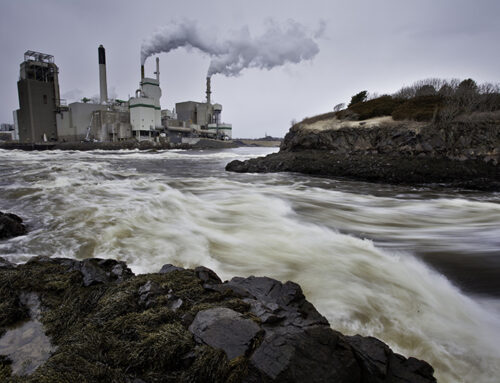ECU, UNC partner to improve renewable energy in coastal communities
October 28, 2024
East Carolina University and UNC-Chapel Hill are partnering on a multimillion dollar renewable energy project for coastal communities. It will last for five years, and researchers from the two public universities will work to improve marine technology in the town of Nags Head.
The project will have several stages. In the first, researchers will work with local residents to identify which renewable resources will work best for the community.
Eric Wade, a professor from ECU who works from the Outer Banks, will lead the community effort. One main aspect his team plans to address is the area’s storm response.
Wade said the Outer Banks is especially vulnerable to hurricanes, and the recent destruction Helene caused in the western part of the state points to how necessary energy resilience is.
“We realize how those communities were pretty much cut off from the rest of the state,” Wade said. “Those are similar threats that we face here on the Outer Banks. We are a vulnerable remote community, and the introduction and use of marine energy (will) allow us to be more self-sufficient.”
John McCord
/
Coastal Studies Institute
These marine energy technologies could range from desalination devices for producing drinking water to wave energy converters that can make electricity.
“We’re able to depend on those in the interim as we wait for more aid, as we wait to be connected back to the grid,” Wade said. “As the intensity of these storms increases, and as the frequency of these storms increases, marine energy could be one of the solutions.”
The project could also explore other coastal community needs, such as ocean observing devices that monitor conditions like temperature and currents.
“(That’s) pivotal for small-scale fishers, because it keeps them up to the information of what is happening in the ocean,” said Wade. “The potential for North Carolina, for small-scale fishers, for communities is vast. And I think this project allows us to test a few different options to meet the needs of these ocean communities.”
The project also includes two other universities, The University of Michigan and Virginia Tech, that will lead similar projects in Alaska and Michigan. The total grant award is $3.6 million.
Search
RECENT PRESS RELEASES
Related Post



